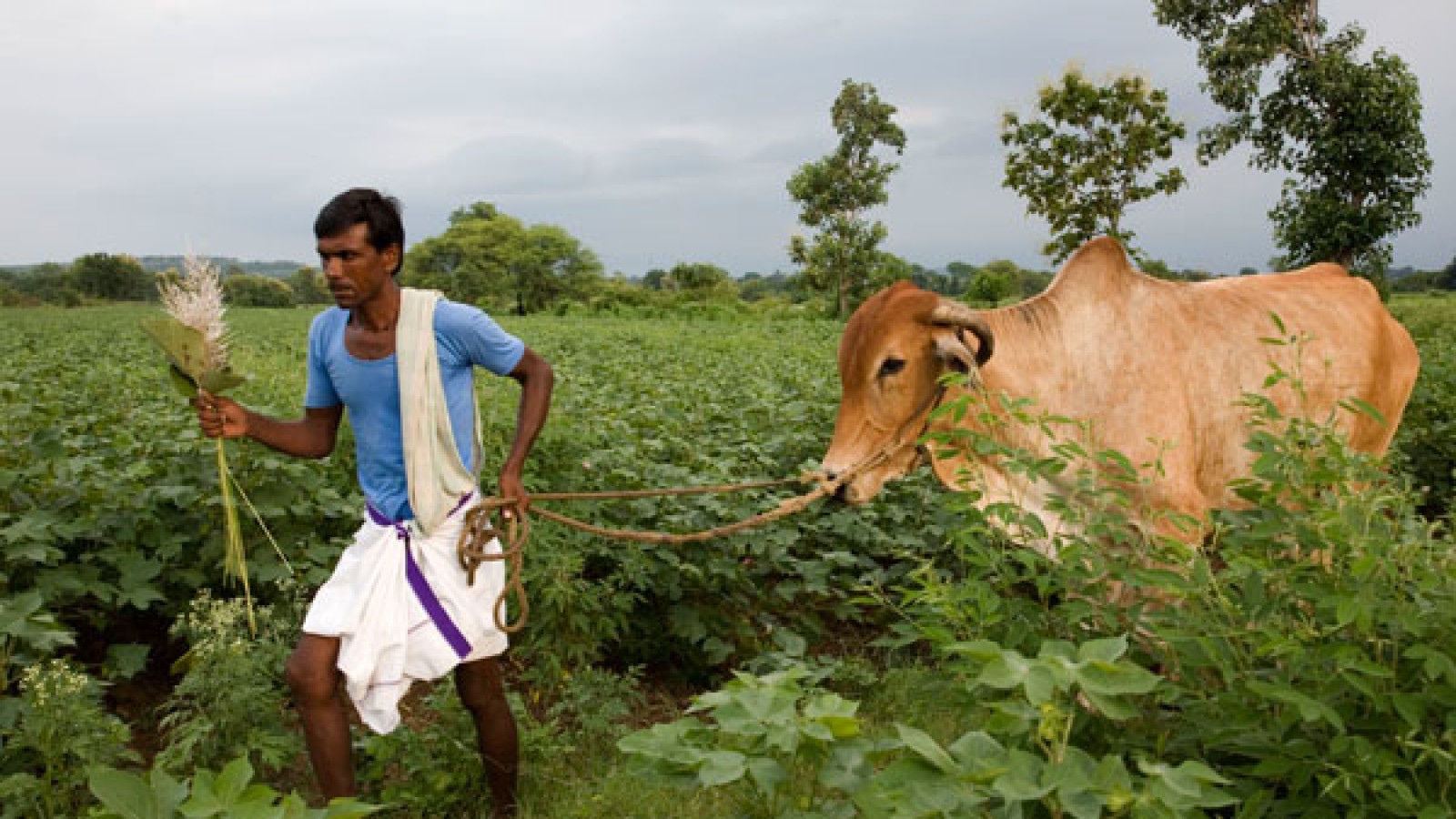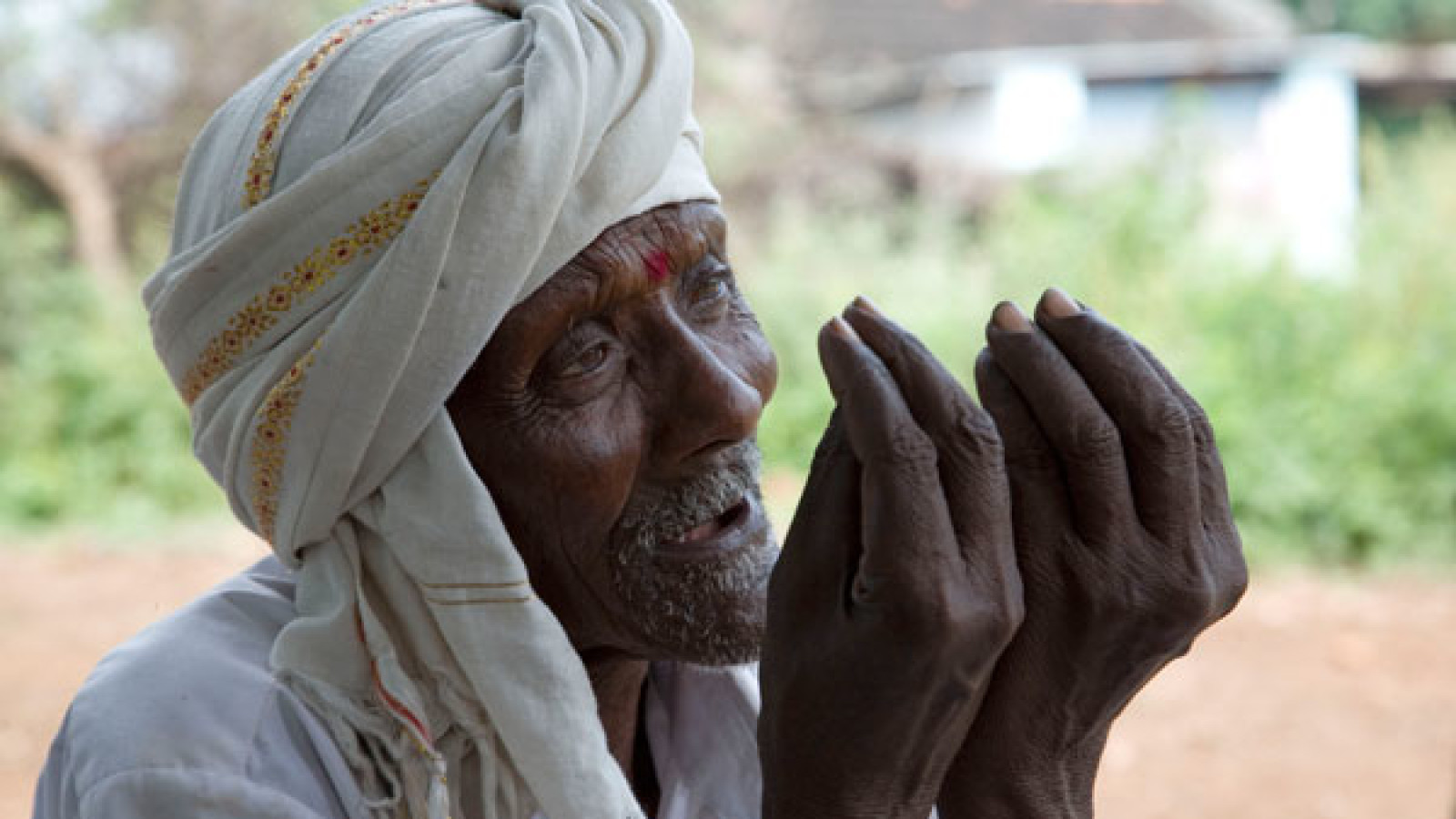Bitter Seeds
Filmmaker Micha X. Peled in person at June 21 screening!
Manjusha Amberwar, an aspiring young journalist, examines the causes of an epidemic of farmer suicides in India—one every 30 minutes—that includes her own father. She hopes that by drawing attention to their plight, she can bring an end to this epidemic. But it won't be easy. In 2004 an American company introduced its genetically modified seeds to the Indian market, promising higher yields. Farmers tell her that the seeds require expensive pesticides and chemical fertilizers. And the sterile seeds, unlike the conventional seeds previously used by farmers, have to be purchased again each year. Majusha follows one farmer through the disappointing season, praying for rain, discovering parasite infestation, and finally selling his meagre yield achieved through backbreaking labour. We see the vicious cycle: annual loans from usurious moneylenders, desperate debt and the inability of farmers to even provide dowries for their daughters—making the symbolism of their suicide by drinking expensive pesticides all but inescapable. June 22 screening will feature a panel discussion with filmmaker Micha Peled and Debi Barker, International Program Director, The Center for Food Safety. Discussion moderated by Chris Albin-Lackey, Senior Researcher, Business and Human Rights Division, Human Rights Watch.
Human Rights Watch has done extensive work in India documenting violations that range from abuses against religious minorities or Dalit communities, the need for police reforms to end brutality and the use of torture, the failure to implement policies that can prevent maternal death, access to health, and abuses due to the violent conflicts in Jammu and Kashmir, Manipur and in areas where there is an on-going Maoist uprising.








